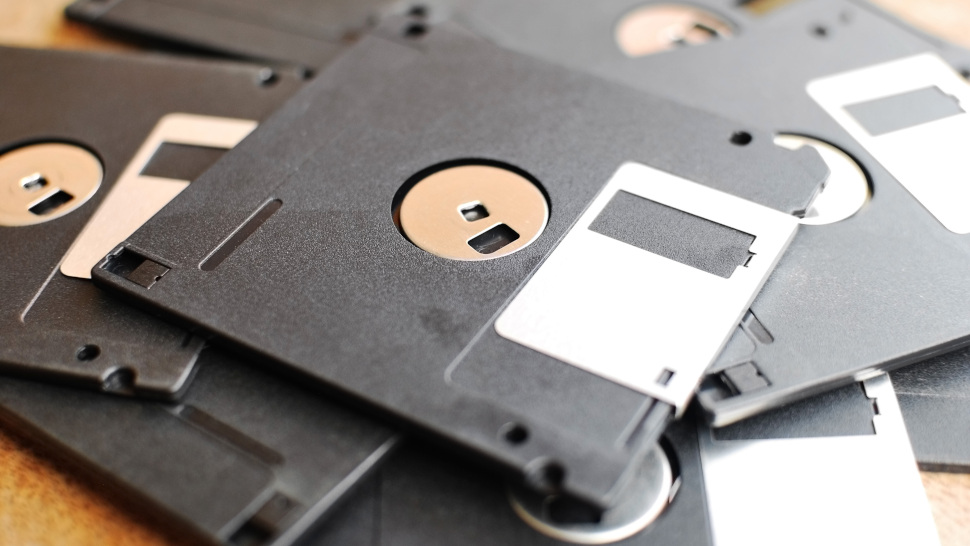Floppy disks live on - Linux drivers get first update for years, perhaps signalling a comeback for the much-loved system?
Linux patch removes unused macros and constants for cleaner floppy code

- Floppy disk drivers live on in Linux, though functionality remains unchanged
- Minor Linux patch highlights persistence of obsolete technology amid modern storage advances
- Floppy disks increasingly symbolize nostalgia rather than any practical storage utility
Floppy disks, long dismissed as obsolete relics of the past, have unexpectedly returned to the Linux development spotlight.
For the first time in nearly three years, a new patch has been submitted to tidy up old floppy driver code, including the removal of unused macros, replacement of outdated constants, and a simple reordering of headers to make the code easier to maintain.
The update was led by Andy Shevchenko, who described the effort as a series of cleanups rather than the introduction of new functionality.
Persistence of legacy technology
Although such tweaks appear minor, they do show that this decades-old technology has not yet been abandoned within the Linux ecosystem.
The decision to maintain floppy disk support raises a broader question of relevance.
Modern storage technology has moved far beyond the limitations of a 1.44MB disk.
Today, the largest SSD options provide terabytes of capacity, while cloud storage makes physical media unnecessary for most users.
Sign up to the TechRadar Pro newsletter to get all the top news, opinion, features and guidance your business needs to succeed!
Despite this, Linux continues to support floppy hardware, even though the driver is effectively orphaned and largely untouched.
This suggests there are still narrow but persistent niches where floppy access remains useful.
For example, at New Jersey State Prison, inmates are limited to 20 floppy disks for storing case-related data, a measure implemented for security reasons, while all other storage devices remain prohibited.
The commercial side of floppy media is just as precarious. Sony, once the main supplier, stopped production back in 2010.
The few remaining outlets operate from dwindling stockpiles rather than ongoing manufacture.
One seller, Tom Persky, who described himself as the “last man standing” and operates floppydisk.com, one of the few places you can get floppy disks, predicted in 2022 that the floppy disk industry will last for "another four years."
With new discs no longer produced and existing supplies shrinking, the notion of floppy support in active use seems increasingly difficult to justify.
Therefore, this Linux patch is less about signaling a revival of floppy disks and more about keeping the kernel clean and orderly.
Without functional improvements, users still face the same limitations of archaic storage, with capacity so low that it barely holds a single modern document.
While enthusiasts may welcome the preservation of legacy compatibility, the practical argument remains weak when compared to contemporary alternatives.
SSD performance, durability, and falling prices make continued reliance on floppy disks appear more like nostalgia than necessity.
Floppy drivers may remain in Linux for a while longer, but the update underlines their status as little more than a historical footnote.
Via Toms Hardware
You might also like
- Business VPN should be dead by now. So why is it still thriving?
- These are the best external hard drives for quick transfer speeds and storage capacity
- We've also listed the best mini PCs for every budget

Efosa has been writing about technology for over 7 years, initially driven by curiosity but now fueled by a strong passion for the field. He holds both a Master's and a PhD in sciences, which provided him with a solid foundation in analytical thinking.
You must confirm your public display name before commenting
Please logout and then login again, you will then be prompted to enter your display name.